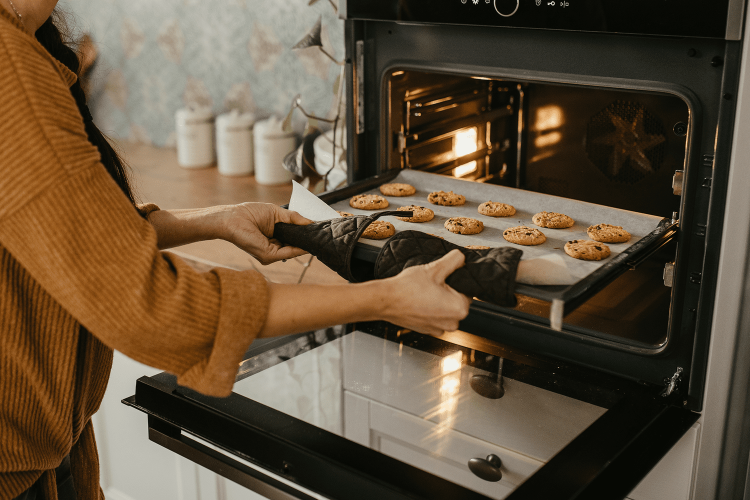Dr Balendra Singh
Turning baking into a lucrative career option requires a combination of passion, skill development, and business acumen. With the growing demand for artisanal baked goods and unique desserts, there are ample opportunities to establish a successful baking career. To embark on this path, aspiring bakers should focus on acquiring the right education, honing their skills, and understanding the key ingredients to thrive in the industry, here are some unique pointers on what to study and the skills required:
Culinary Education:
Enroll in a reputable culinary school offering specialized programs or pastry arts or baking courses. These programs provide comprehensive training in baking techniques, ingredient knowledge, and food safety standards. Formal culinary education will give you a strong foundation and a competitive edge in the industry. Look for culinary programs that have a well-rounded curriculum that covers both theoretical knowledge and practical skills. Courses on baking fundamentals, pastry techniques, cake decorating, bread making, and dessert production will help you develop a diverse skill set. According to a report by Research and Markets, the global baking ingredients market is projected to reach a value of US $23.5 billion by 2026, indicating a positive outlook for the industry.
Develop a Strong Foundation:
Master the fundamental techniques of baking, such as measuring ingredients accurately, understanding different mixing methods (e.g., creaming, folding, whipping), and controlling oven temperature. These skills form the backbone of successful baking and allow you to produce consistent and high-quality results. Familiarise yourself with various baking ingredients and their properties. Understand how different ingredients, such as flour, sugar, fats, learners, and flavorings, interact with one another and contribute to the texture, flavor, and structure of baked goods. This knowledge will help you make informed choices and troubleshoot any issues that may arise during the baking process.
Pastry Arts and Culinary Science:
Dive deeper into the science behind baking by studying culinary science and its application to pastry arts. Learn about the chemical reactions that occur during baking, such as protein denaturation, starch gelatinization, and caramelization. This knowledge will help you understand the role of ingredients and techniques in achieving desired textures, flavors, and structures. Gain a comprehensive understanding of the functionality of various baking ingredients. Learn how different types of flour, fats, sugars, and leavening agents contribute to the final product. Explore the effects of temperature, pH, and moisture on ingredient interactions and their impact on the quality of baked goods. According to The Knot’s 2022 Real Weddings Study, the average cost of a wedding cake in the United States was around $900. This indicates a demand for skilled bakers who can create elaborate and personalized cakes for special occasions.
Creativity and Innovation:
Experiment with unique flavor combinations to create signature baked goods that stand out. Explore different spices, extracts, herbs, and fruits to add exciting and unexpected flavors to your creations. Push the boundaries of traditional recipes and offer customers a memorable taste experience. Enhance the visual appeal of your baked goods through creative presentation techniques. Experiment with different decorating styles, textures, colors, and shapes to create visually stunning treats. Incorporate elements like edible flowers, handmade decorations, or custom designs to make your creations visually captivating. Stay updated with the latest baking techniques and trends. Experiment with new methods like molecular gastronomy, innovative textures, or alternative baking processes. Incorporate new tools or technologies to enhance efficiency and quality in your baking process. Embrace innovative approaches to elevate your creations and offer something unique to customers.
Attention to Detail & Time Management:
Plan your baking projects in advance to optimize efficiency and meet deadlines. Create a schedule that outlines the steps involved, including preparation, baking, cooling, and finishing. Organise your workspace, gather all necessary tools and ingredients in advance, and prioritise tasks to streamline your workflow. Develop a strong sense of time awareness when baking. Understand the baking times and temperatures required for different recipes and adjust accordingly. Use timers and alarms to ensure that your baked goods are not undercooked or overcooked. Managing time effectively contributes to consistent and reliable results.
Remember, building a successful career in baking requires passion, dedication, and perseverance. Combining your love for baking with proper education, skills development, and a business mindset can turn your passion into a rewarding and lucrative career.
Dr Balendra Singh is Executive Pastry Chef & Director, Institute of Bakery and Culinary Arts
